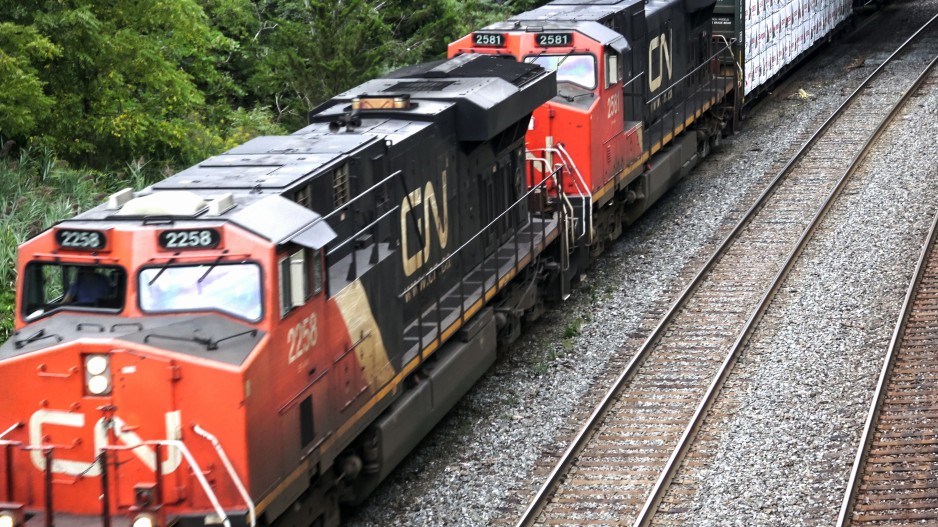Canfor Corp. (TSX:CFP) is curtaining production at its Canadian sawmills, due to forest fires.
The curtailments aren't because sawmills are necessarily threatend by encroaching wildfires, but rather because of supply chain disruptions resulting from freight rail traffic being reduced.
“The wildfires burning in Western Canada are significantly impacting the supply chain and our ability to transport product to market," Stephen Mackie, Canfor's executive vice president of North American operations, said in a press release.
"As a result, we are implementing short-term production curtailments at our Canadian sawmills beginning July 26. We are developing site specific plans to minimize the impacts to our employees and contractors."
The curtailments will take roughly115 million board feet out of Canfor's Western Canadian production.
Canfor isn't the only B.C. company that is experiencing an impact from freight disruptions. Teck Resources Ltd.(TSX:TECK.B, NYSE:TECK) also recently reported it expects its third quarter sales of steelmaking coal will be down due to disruptions to railways.
"Rail service between Teck’s steelmaking coal operations and west coast terminals has been disrupted due to damage to the rail line near Lytton, B.C. that occurred on June 30," the company reported July 6.
The company said it will reroute some shipments through Ridley Terminals in Prince Rupert, but expects shipments of coal to be down by 300,000 to 500,000 tonnes for the third quarter.
The Western Canadian supply chain has been severely disrupted due to some railway infrastructure being damaged by fires, and government orders to halt train traffic or reduce speeds on rail lines in B.C., due to the potential risk the trains pose in starting fires. Investigations are still underway to determine if the fire that obliterated the town of Lytton was caused by sparks from a train.
The Transport Safety Board is also investigating whether a recent grassfire in Alberta was also caused by sparks from train tracks.




